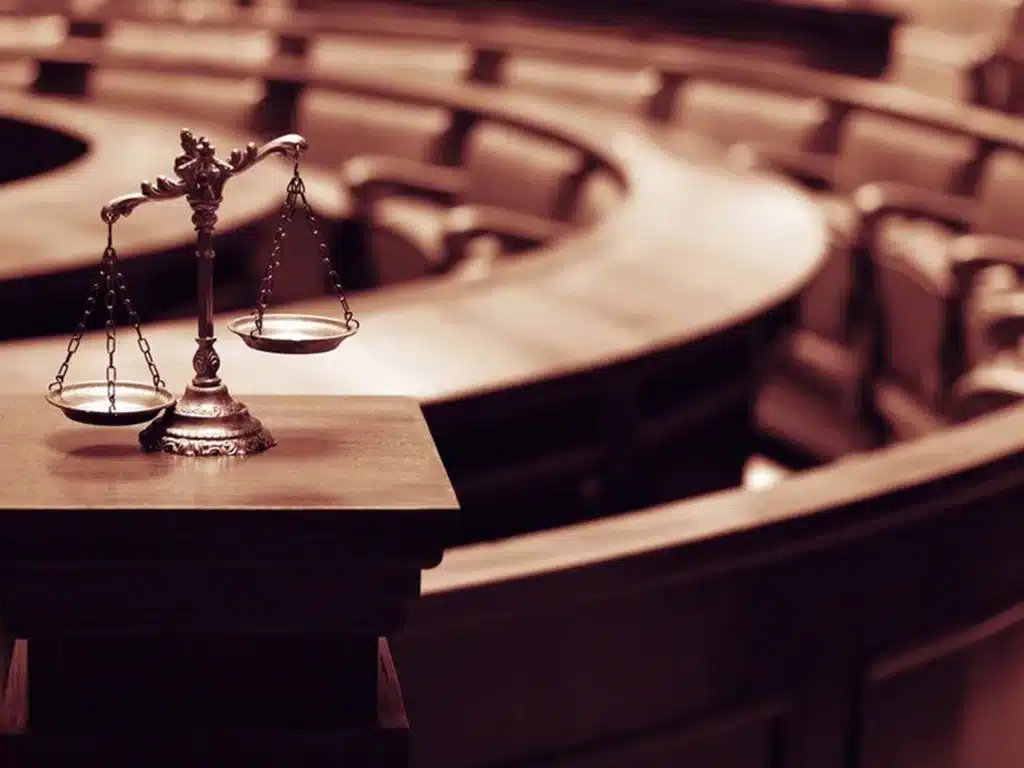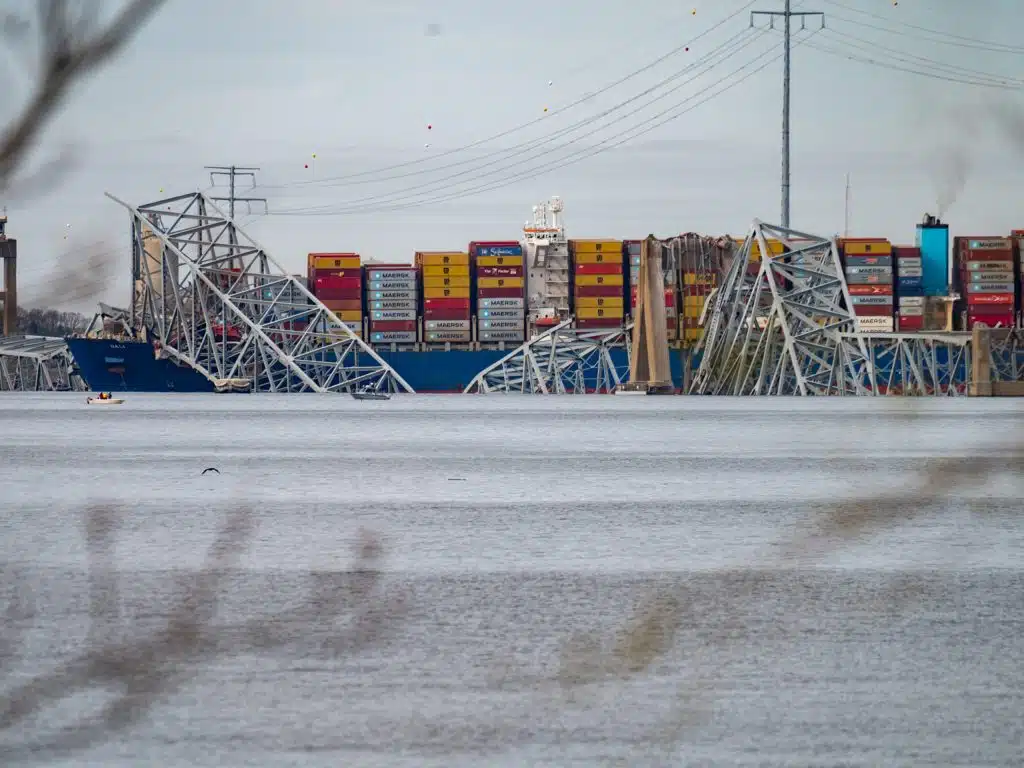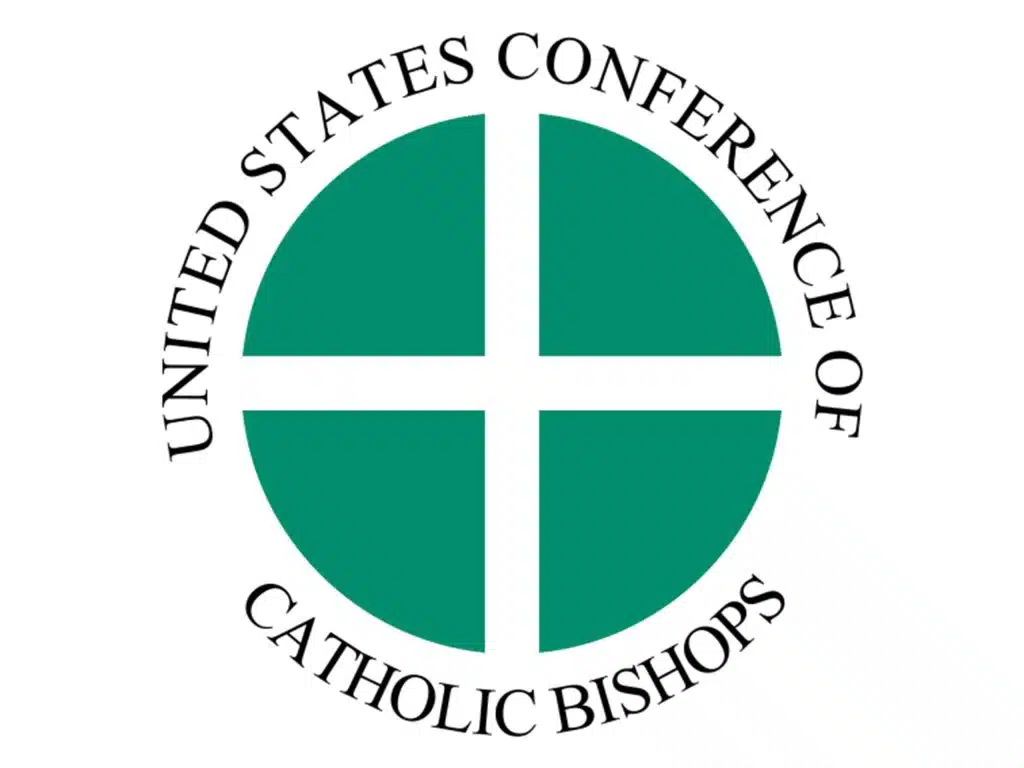WASHINGTON – Ben Stahlberg always wondered what was involved in choosing a pope.
A senior lecturer in religious studies at Colgate University in Hamilton, N.Y., Stahlberg was raised Jewish, but made plenty of Catholic friends as a child when his family lived in Kennebunk, Maine. So Catholicism and the papacy are not totally foreign to Stahlberg, but how someone became pope remained a mystery.
An exercise at the university helped Stahlberg understand the process a little better.
At the invitation of Deacon Mark Shiner, chaplain and Catholic campus minister at Colgate, Stahlberg was one of 13 people who took part in a mock conclave early in March. Most of those involved in the three-hour event were students, but Stahlberg thought he could learn a thing or two, especially because he was interested in who would succeed Pope Benedict XVI.
Participants in the conclave took on the role of some of the leading “papabili,” those who could become pope. For the exercise, Stahlberg was Cardinal Odilo Scherer, archbishop of Sao Paulo.
“Even though I study religion, I don’t know a lot about the exact procedure,” he told Catholic News Service March 14, a day after Pope Francis was elected in a conclave of cardinals. “It was fun to engage in some participatory learning.”
Deacon Shiner convened the low-key conclave to shed some light on the process of electing a pope. He made sure to play Gregorian chants in the meeting room and participants took a “vow” to keep the proceedings secret. In the end the 13 participants elected Cardinal Luis Tagle of Manila, Philippines, as pope.
“People talk about how they are always saying it’s secret and mysterious,” he said. “But it’s actually not. It’s (voting) secret, of course. If you do the research, it’s really not mysterious. It’s well-laid out.”
Interest in the papal election extended beyond the confines of the Catholic Church in the weeks leading to the conclave. For many people of faith who are not Catholic, the transition from Pope Benedict to a new leader is worth watching because many times what the leader of the Catholic Church says affects all Christians.
“The leadership and voice of the Catholic Church in the person of the pope on issues of peace and economic justice is very important. For the Christian church as a whole, Catholic social teaching is one of the most coherent bodies of thought on the role of the church in the world,” said Duane Shank, an Anabaptist who is senior policy adviser at Sojourners, a Washington-based Christian organization committed to faith in action for social justice.
Shank told CNS he regularly cites church teaching on the dignity of the human person and the importance of serving the common good in his work. When the pope – any pope — speaks on such issues, people listen, he said.
Writing on the Sojourners blog March 12, Shank said the Catholic Church “is an unbroken link to the first-century Roman church for all Christians, no matter our denomination. … No matter if we are Eastern or Western Christians, no matter how Protestant or Anabaptist some of us are, the church of Rome is still in some way our mother church.”
Likewise, the Rev. Joshua Dubois, a Pentecostal minister and former director of the White House Office for Faith-Based and Neighborhood Partnerships, said the election of a new pope offers people a sense of “pure and unadulterated hope.”
“People are very hopeful about the future at these times of transition,” he said in a March 13 interview soon after Pope Francis was introduced. “That’s why there is such an intense interest.
“People are hopeful that he (Pope Francis) can build on the legacy of Pope Benedict, of peacebuilding around the world. People are hopeful that certain divisions can be bridged between people of different races and religions,” Rev. Dubois said.
Rabbi Alan Brill, who teaches Jewish-Christian studies at Seton Hall University in South Orange, N.J., said his interest in the papal selection process stems from his involvement in the ongoing meetings with Catholic leaders to promote understanding and reconciliation between members of the two faiths.
“Both Pope John Paul II and Pope Benedict were very committed to (reconciliation),” he said, noting that he eagerly awaited news from the conclave. “We wanted to see that that would go on.”
Rabbi Brill told CNS he expects that effort to continue under Pope Francis.
Meanwhile, the Rev. Miguel De La Torre, a Southern Baptist minister and professor of social ethics at Iliff School of Theology in Denver, watched events unfold after Pope Benedict’s resignation from the perspective of a Cuban-American who was raised Catholic. He said the words of a pope are watched worldwide and influences the actions of bishops and priests as well.
“When you speak in the name of an entire people, the universal church, what you say has deep political ramifications that could either help people of all faiths or become a burden to people of all faiths,” Rev. De La Torre explained.


